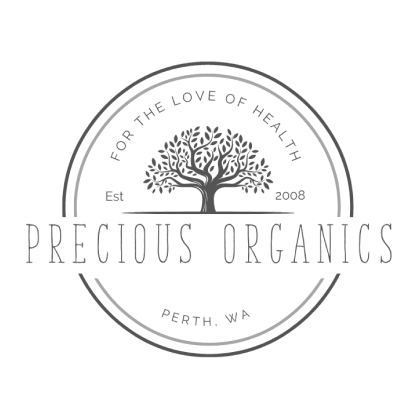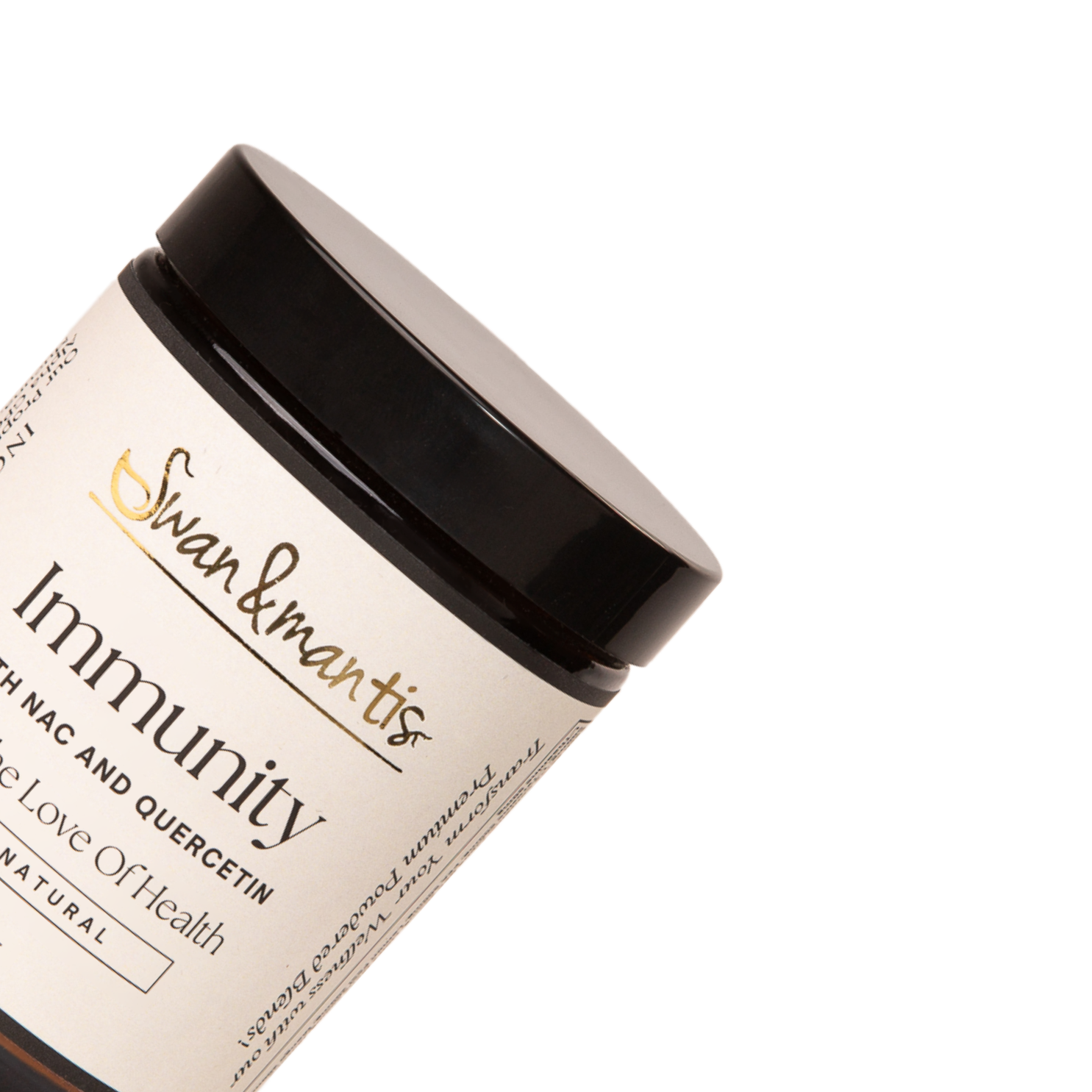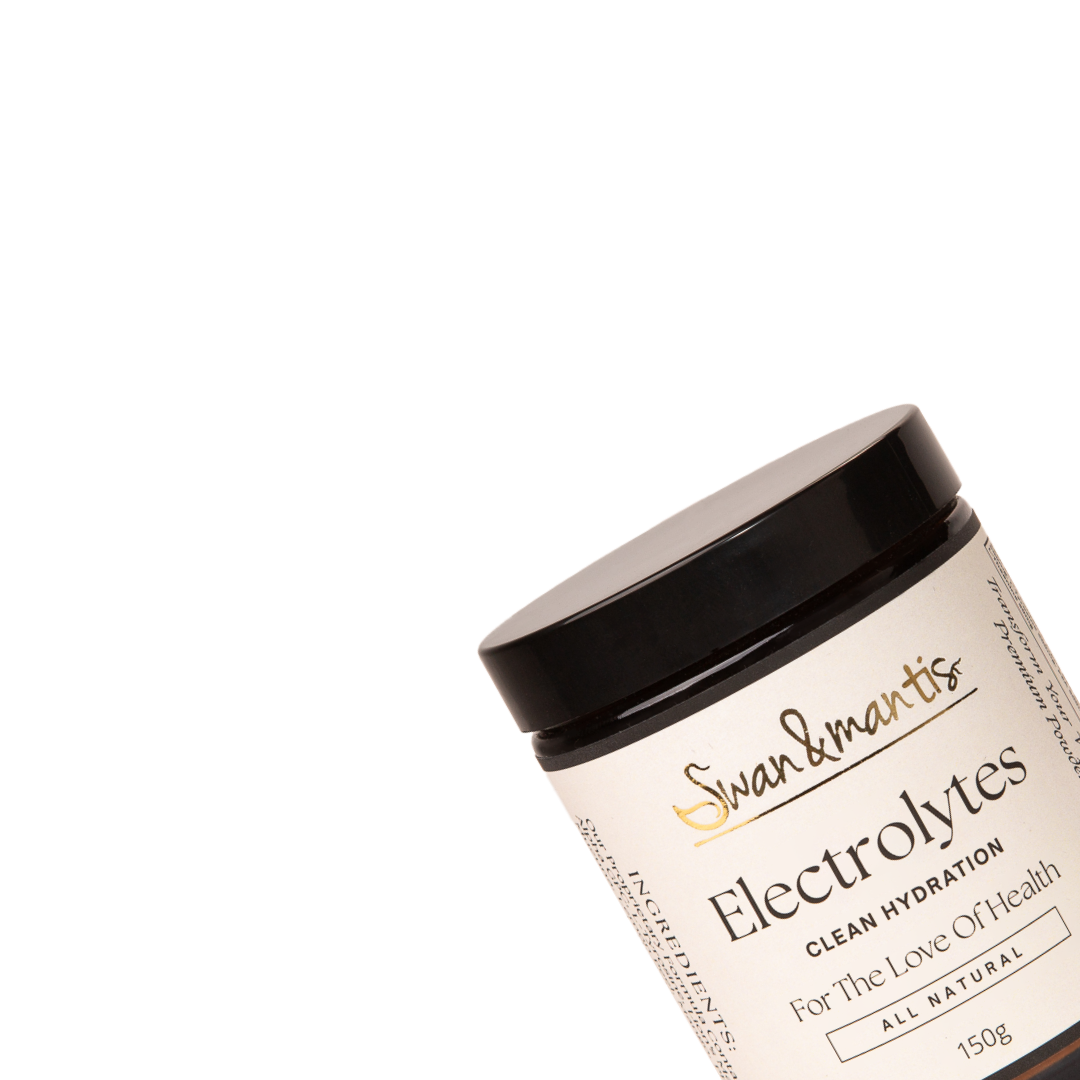Blood Type O
Type O
According to Dr. Peter DÁdamo, author of Eat Right For Your Type, a chemical reaction occurs between your blood and the foods you eat. This reaction is part of your genetic inheritance. This reaction is caused by a factor called Lectins. Lectins, abundant and diverse proteins found in foods, have agglutinating properties that affect your blood. So when you eat a food containing protein lectins that are incompatible with your blood type antigen, the lectins target an organ or bodily system and begin to agglutinate blood cells in that area. Different lectins target different organs and body system.
Fortunately, most lectins found in the diet are not quite so life threatening, although they can cause a variety of other problems, especially if they are specific to a particular blood type. For the most part your immune systems protect you from lectins. Ninety-five percent of the lectins you absorb from your typical diets are sloughed off by the body. But at least five percent of the lectins you eat are filtered into the bloodstream and different reactions in different organs.
Your blood type diet is the restoration of your natural genetic rhythm. Your blood type diet works because you are able to follow a clear, logical, scientifically researched plan based on your cellular profile. Each food groups are divided into three categories: Highly beneficial ( food that acts like Medicine), Foods allowed (food that are no harm to the blood type) and Foods not allowed (food that acts like a Poison)
Type O ’s thrive on intense physical exercise and animal protein. Unlike the other blood types, Type Os muscle tissue should be slightly on the acid side. Type Os can efficiently digest and metabolize meat because they tend to have high stomach-acid content. The success of the Type O Diet depends on the use of lean, chemical-free meats, poultry, and fish. Type Os don't find dairy products and grains quite as user friendly as do most of the other blood types.
The initial weight loss on the Type O Diet is by restricting consumption of grains, breads, legumes, and beans. The leading factor in weight gain for Type Os is the gluten found in wheat germ and whole wheat products, which interferes with insulin efficiency and slow down metabolic rate. Another factor that contribute to weight gain is certain beans and legumes (lentils and kidney beans) contain lectins that deposit in the muscle tissues making them less "charged" for physical activity. The third factor in Type O weight gain is that Type Os have a tendency to have low levels of thyroid hormone or unstable thyroid functions, which also cause metabolic problems. Therefore it is good to avoid food that inhibits thyroid hormone (cabbage, brussels sprouts, cauliflower, mustard green) but increase hormone production (kelp, seafood, iodized salt).
Several classes of vegetables can cause big problems for Type Os, such as the Brassica family (cabbage, cauliflower, etc.) can inhibit the thyroid function. Eat more vegetables that are high in Vitamin K, which helps the clotting factor which is weak in Type Os. The nightshade vegetables can cause lectin deposit in the tissue surrounding the joints.
Because of the high acidity stomach, Type Os should eat fruits of alkaline nature such as berries and plums..
Type Os should severely restrict the use of dairy products. Their system is not designed for the proper metabolism. If you are a Type O of African ancestry, you should eliminate dairy foods and eggs altogether.
|
Type O |
Comments |
Most Beneficial |
Food allowed |
Food not allowed |
|
|
The more stressful your job or demanding your exercise program, the higher the grade of protein you should eat |
Beef, Lam, Mutton, Veal, Venison |
||
|
Type Os can efficiently digest and metabolize meats |
Any meat except for those listed not allowed |
Bacon, Ham, Goose, Pork |
||
|
Cold-water fish are excellent for Type Os. Many seafoods are also excellent sources of iodine, which regulates the thyroid function. |
Cod, herring, Mackerel |
Any fish or seafood except for those listed not allowed |
Barracuda, Pickled herring, Catfish, Smoked salmon, Caviar, Octopus, Conch |
|
|
Dairy |
Type Os need to severely restrict the use of dairy products and eggs |
Butter, Farmer, Feta, Mozzarella, Goat cheese |
All other dairy products and yogurts |
|
|
Fat |
Type Os respond well to oils |
Olive Oil |
Sesame Oil |
Corn oil, Peanut oil, Cottonseed oil, Safflower oil |
|
Nuts |
These foods should in no way take the place of high-protein meats, and they are high in fat especially if you are overweight. |
Pumpkin seeds, Walnuts |
All kinds except those listed not allowed |
Brazil, Cashew, Peanut, Pistachios, Poppy Seeds, Litchi. |
|
Beans |
Type Os don't utilize beans particularly well. They tend to make muscle tissue slightly less acidic and inhibit the metabolism of other nutrients. |
Aduke beans, Azuki beans, Pinto beans, Black-eyed peas |
All kinds except those listed not allowed |
Beans - copper, kidney, navy, tamarine. Lentils - domestic, green, red. |
|
Grains |
Type Os do not tolerate whole wheat products at all. |
Essene Bread, Ezekiel Bread |
Amaranth, Barley, Buckwheat, Rice, Kamut, Kasha, Millet, Quinoa, Rye, Spelt |
Corn, Gluten, Graham, Wheat (Bulgur, Durum, Sprouted, white and whole, Germ and Bran) farina, Oat, Seven-grains, or any products such as flour, bread and noodles made with these grain products |
|
Vegetables |
These vegetables inhibit the thyroid function for Type Os |
Brassica family: Cabbage, Brussels sprouts, cauliflower, mustard greens |
||
|
These vegetables help blood clot, Type Os lack several clotting fractors and need vitamin K to assist in the process |
Kale, collard greens, romaine lettuce, broccoli, spinach |
|||
|
These vegetables irritate the digestive tract and the high mold count can aggravate Type O hypersensitivity problems. |
Alfalfa sprouts, shiitake &domestic mushrooms, fermented olives |
|||
|
These vegetables can cause arthritic conditions in Type Os |
Nightshades: eggplant, potatoes |
|||
|
This vegetable affect the production of insulin, often lead to obesity and diabetes for the Type Os. |
Corn |
|||
|
This fruit agglutinate all blood types but Type Os. |
Tomatoes |
|||
|
Artichoke, Chicory, Dandelion, Garlic, Horseradish, Kale, Leek, Okra, Onions, Parsley, Parsnips, Red Peppers, Sweet potatoes, Pumpkin, seaweed, turnips |
All kinds except those listed not allowed |
avocado |
||
|
Fruits |
Dark red, blue and purple fruits tend to cause an alkaline reaction the digestive tract, and therefore balance the high acidity of the Type Os digestive tract to reduce ulcers and irritations of the stomach lining. |
Plums, prunes, figs |
||
|
These fruits contain high mold counts which can aggravate Type Os hypersensitivity problems (allergies) |
Melons, cantaloupe, honeydew |
|||
|
These fruits are high in acid content which may irritate the acidic stomach of Type Os |
Grapefruit, most berries |
Oranges, tangerines and strawberries, blackberries, Rhubarb |
||
|
Fruits are not only an important source of fiber, minerals and vitamins, but they can be an excellent alternative to bread and pasta for Type Os |
All kinds except those listed not allowed |
|||
|
Type Os are extremely sensitive to this fruit. |
coconut and coconut-containing products |
|||
|
Spices |
Rich source of Iodine to regulate the thyroid gland |
Kelp-based seasonings, iodized salt |
||
|
Soothing to the digestive tracts of Type Os |
Parsley, curry, cayenne pepper |
|||
|
Irritants to the Type O stomach |
White and black pepper, vinegar, capers, cinnamon, Cornstarch, Corn syrup, Nutmeg, Vanilla |
|||
|
Condiments |
chocolate, honey, cocao |
Ketchup, pickles, mayonnaise, relish |
||
|
Beverages |
Seltzer water, Club soda and tea |
Wine |
Beer, Coffee, Distilled liquor, Black Tea |


